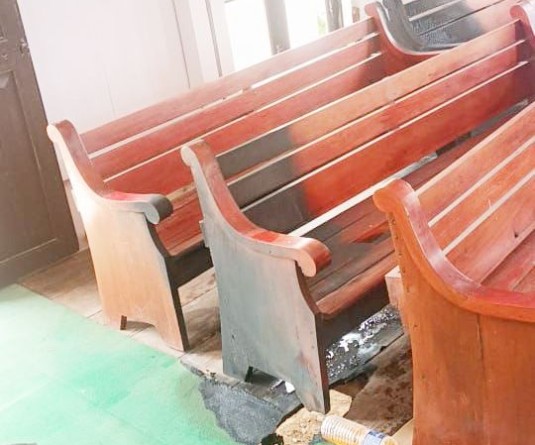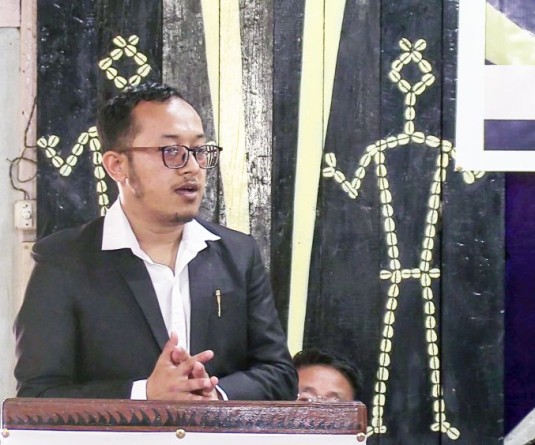
Kohima, June 2 (MExN): A two-day state-level consultation on ‘Using the Law to ensure reproductive and sexual health rights’ was organised by Human Rights Law Network (HRLN) on May 30 and 31 at the Jubilee Memorial Centre, Kohima.
HRLN, a network of lawyers, researchers, and social activists working against human rights violations in India, provided this platform to discuss and deliberate on Reproductive Rights, Maternal Health Care, and Family Planning programs in the state with over hundred participants from various tribal student bodies, women’s associations, NGOs, and final year students from Kohima Law College.
Advocate Kezhosano Kikhi in her opening remarks stated the objectives of the consultation and explained how HRLN has been working in the state.
Sarita Barpanda, Director for Reproductive Rights Initiative, spoke about Maternal Health and the need for respectful and dignified care. She highlighted key schemes, benefits and entitlements introduced by the government, and emphasized how the healthcare system was failing women in Nagaland, resulting in avoidable maternal and infant deaths and the appalling treatment of pregnant women. Special appraisal was also given on health care services provided at the Sub-Centres, PHCs, CHCs and the district hospitals in the state as per Indian Public Health Standards, noting the acute lack of suitable facilities.
Zahra Wynne, a researcher based in the Delhi office of HRLN, provided a situational analysis of reproductive and sexual health in Nagaland, and evaluated the state’s National Health Mission. She noted that Nagaland’s high maternal mortality rate, unmet need for contraceptive information and services, and declining awareness of HIV, as a justification to improve public health services in the state.
Kezhokhoto Savi, Assistant Professor at Kohima Law College and President of Nagaland Voluntary Consumers Organisation apprised the Maternal Benefits Schemes under National Food Security Act, 2013 and its implementation in the state of Nagaland. The need for the setting up of a Food Commission was emphasized as a way forward for the proper implementation of the Food Security Act and as a means to address numerous discrepancies existing in the public distribution system in Nagaland.
Notable issues of contraceptive information and services under the family planning program and highlights from Supreme Court petitions and judgments on unethical sterilization camps conducted in various parts of Indian states were presented by Zahra Wynne and Sarita Barpanda respectively
Other important health and social issues featured were the problems and challenges faced by People Living with HIV (PLHIV) by Lanu, President of NNP+. He highlighted the levels of social and personal stigma attached to PLHIV, and its visible implications in contemporary society.
Yanpvuo Kikon outlined the use of social media and the Internet as a tool for social activism.
Also deliberation on topics under the remit of sexual and reproductive rights, benefit entitlements, gaps and challenges, and plans of action to address them were all part of groups of exercise where participants actively contributed.




